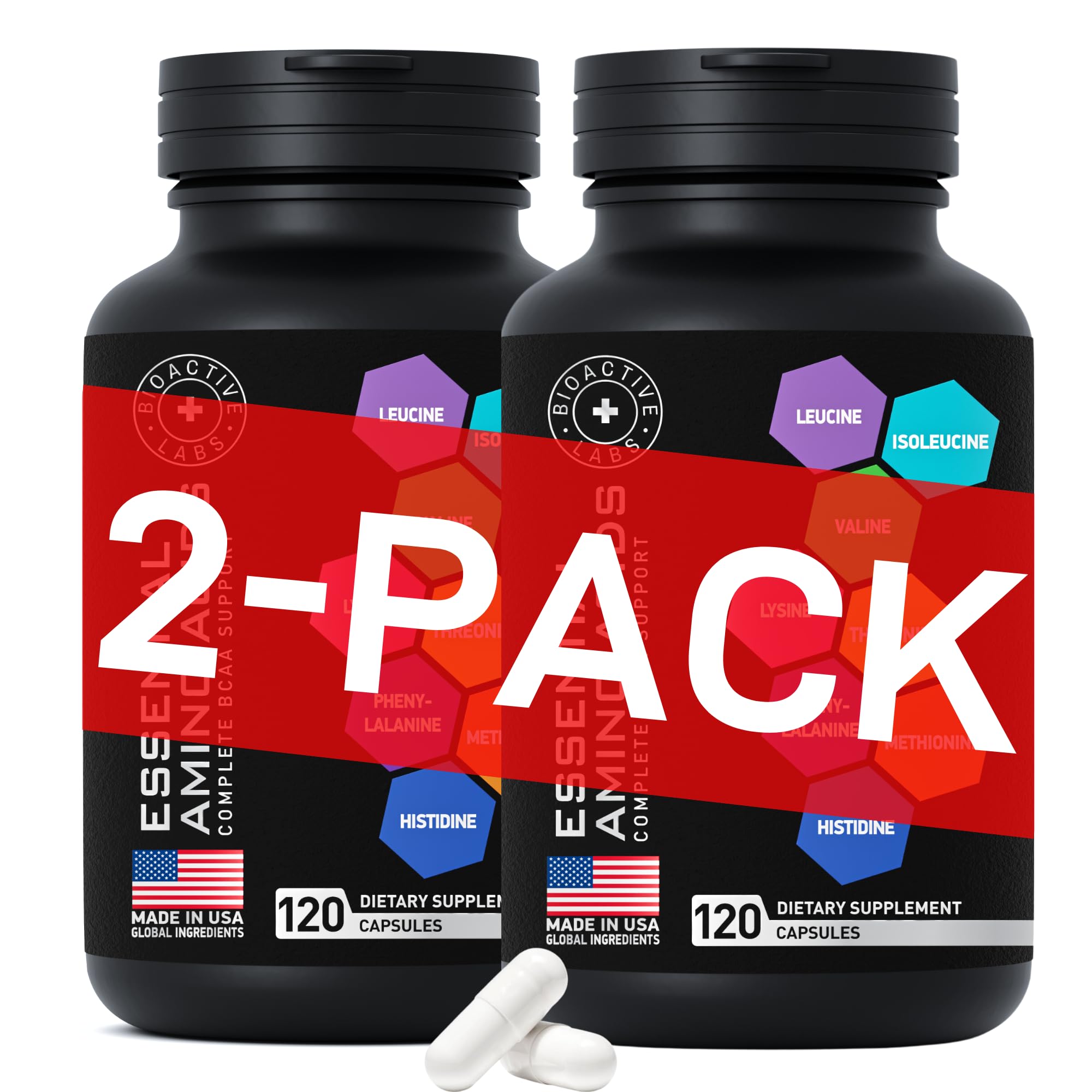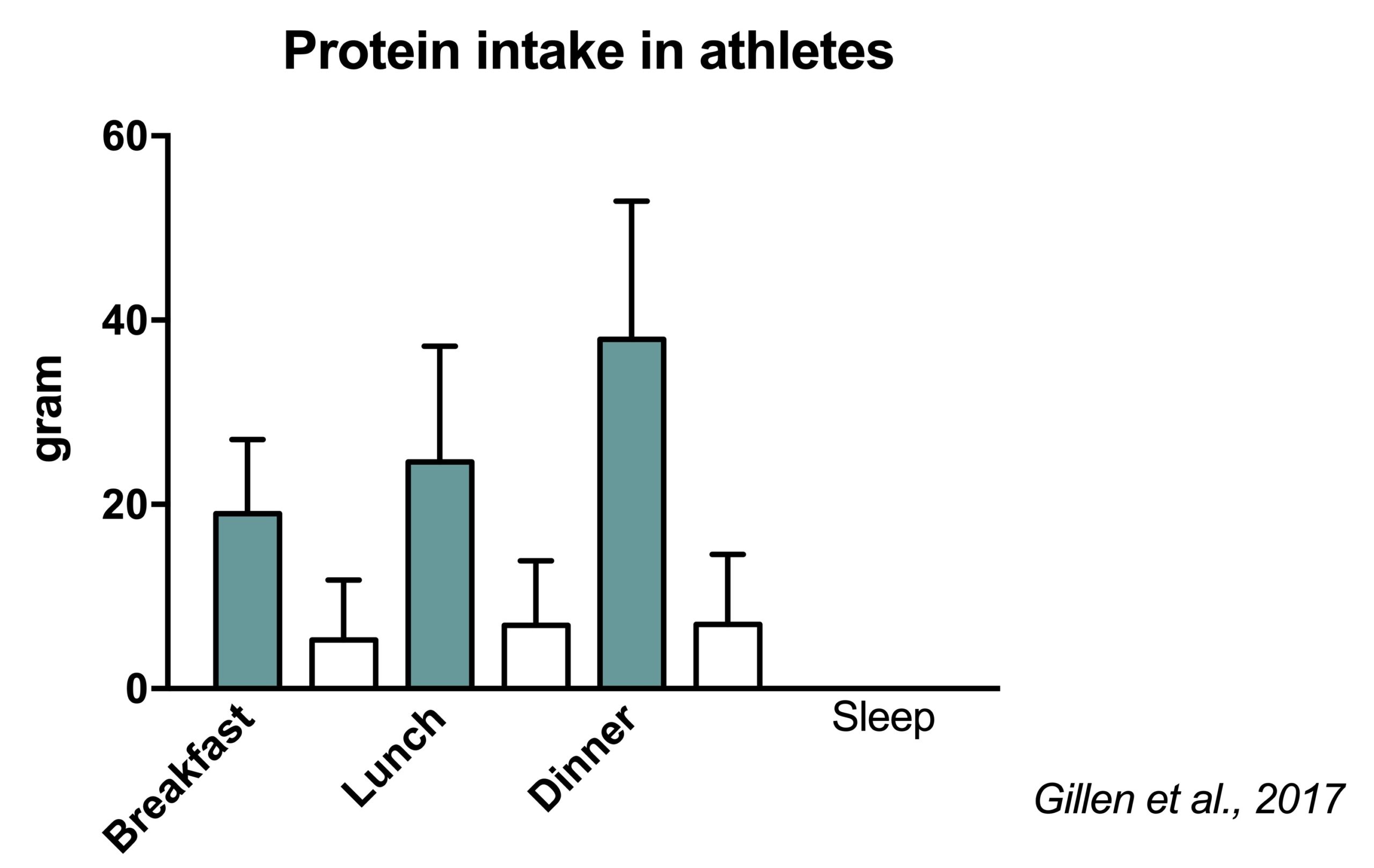Effective Ways to Use BCAA for Improved Recovery in 2025: Discover More!
Branched-Chain Amino Acids (BCAAs) are essential for athletes and fitness enthusiasts looking to enhance their recovery and muscle-building capabilities. The increasing focus on improved training outcomes has led to a surge in the popularity of BCAA supplements. Understanding the benefits and correct usage of BCAAs is crucial for maximizing their effectiveness in your workout routine. This article explores the science behind BCAAs, how they work for recovery, and the best practices for incorporating them into your regimen in 2025.
In this comprehensive guide, we’ll discuss the BCAA Vorteile (benefits), recommended BCAA Dosierung (dosage), and whether you should take BCAAs before or after training. You’ll also find insights specific to different audiences, including BCAA für Frauen and BCAA für Männer. Whether you’re an athlete, a bodybuilder, or just starting your fitness journey, knowing how to effectively use BCAAs can position you for better recovery and results.
Moreover, we’ll explore BCAA Ergänzungen available on the market, review their effectiveness, and provide practical tips on BCAA Einnahme (intake) and BCAA Wirkung (effects). By the end of this article, you’ll have a clear understanding of how to deploy BCAAs strategically in your fitness routine.

Understanding BCAAs: The Essential Building Blocks
What are BCAAs?
BCAAs consist of three essential amino acids: leucine, isoleucine, and valine. These amino acids are crucial for protein synthesis and muscle recovery. Unlike other amino acids, BCAAs are metabolized in the muscles rather than in the liver, making them particularly beneficial during exercise when muscle tissues undergo stress and damage. This unique characteristic allows athletes to tap into their amino acid reserves quickly, aiding in recovery and performance.
Why are BCAAs Important?
The role of BCAAs extends beyond mere muscle recovery; they are pivotal in reducing muscle soreness and preventing muscle breakdown after intense workouts. Additionally, BCAAs can enhance endurance during prolonged exercise, encouraging better overall performance. Studies have shown that regular BCAA intake can lead to improved recovery metrics, including lower muscle soreness and faster muscle repair. This is particularly valuable for those participating in demanding training regimens.
The Impact of BCAAs on Recovery
BCAAs help trigger the release of insulin, which plays a significant role in muscle recovery. Insulin helps transport amino acids into the muscle tissues, enhancing the recovery process and overall muscle protein synthesis. This can be especially beneficial post-exercise when the muscle cells are primed for nutrient uptake. Moreover, studies suggest that adequate BCAA consumption may improve mental focus and reduce fatigue during workouts, further supporting recovery efforts.
With a solid understanding of BCAAs and their significance for recovery, let’s delve into how to integrate them into your routine effectively.
Optimal BCAA Intake: Dosage and Timing
Recommended BCAA Dosierung
The optimal daily dosage of BCAAs varies widely among individuals based on their activity level, body weight, and fitness goals. Generally, 5 to 10 grams of BCAAs before and after exercise is considered effective for most athletes. It’s crucial to follow product-specific guidelines as well, since concentrations can vary significantly across brands and types, whether they are in BCAA Pulver (powder) or BCAA Tabletten (tablets).
BCAA Einnahme: Pre-Workout vs. Post-Workout
The timing of BCAA intake significantly affects recovery and muscle growth. Consuming BCAAs before workouts can provide an energy boost and reduce fatigue during high-intensity sessions. On the other hand, taking BCAAs post-workout aids muscle repair and helps replenish amino acid levels that were depleted during exercise. The choice between pre or post-use typically depends on your workout schedule and personal preference.
Special Considerations for Women and Men
While both men and women can benefit from BCAAs, dosages might differ due to variations in body composition and metabolism. Women may start with a lower dosage, around 5 grams, to gauge their body’s response, then adjust as needed. Men can generally aim for around 10 grams, especially in high-intensity training contexts. This differential approach allows both genders to optimize their recovery and muscle-building efficiently.
By understanding when and how to consume BCAAs, you set the stage for improved recovery. Now, let’s explore the potential side effects and how to mitigate them.
Identifying and Mitigating BCAA Nebenwirkungen
Common Side Effects of BCAAs
While BCAAs are considered safe for most people when used appropriately, some might experience side effects such as gastrointestinal discomfort, fatigue, or headache. These reactions can vary based on individual tolerance levels and the specific formulation of the BCAA supplement. It is essential to monitor how your body reacts to BCAA usage and adjust dosage accordingly.
How to Avoid BCAA Side Effects
To minimize side effects, start with a lower dose to see how your body responds before gradually increasing. Staying hydrated and using BCAAs in combination with a balanced diet can significantly reduce the chances of adverse effects. If you experience persistent issues, consider switching brands or types of BCAAs, as formulations can greatly affect tolerance.
Consulting with Professionals
Before starting any new supplement regimen, it’s advisable to consult with healthcare or nutrition professionals, especially for those with underlying health conditions or dietary restrictions. This ensures personalized advice that aligns with your specific fitness goals while reducing the risk of adverse reactions.

Choosing the Right BCAA Products
Evaluating BCAA Produkte
Not all BCAA supplements are created equal. Look for products that provide clear labeling regarding serving sizes and amino acid profiles. Choosing products with a higher ratio of leucine is often recommended as it is the most effective in stimulating muscle protein synthesis. Recommended brands often engage in rigorous testing to ensure quality, so opting for these can enhance trust in the product you choose.
BCAA Vergleiche: How to Choose Wisely
When selecting a BCAA supplement, consider factors such as taste, form (powder vs. tablets), and the presence of additional ingredients that may enhance recovery, like electrolytes or vitamins. Products reviewed positively by consumers often indicate higher satisfaction rates. Checking customer testimonials can also provide valuable insights into the effectiveness and flavor profiles of different BCAA products.
Brand Trust and BCAA Qualität
When purchasing BCAAs online or in a shop, ensure you choose brands with a solid reputation, transparency, and certifications. Brands that are well-regarded usually have undergone third-party testing, ensuring their products are safe and effective for consumption. Always check for reviews, and when in doubt, consult a fitness coach or healthcare provider.
Final Thoughts on BCAAs and Recovery
BCAAs play a pivotal role in expanding your fitness potential, especially regarding recovery and muscle maintenance. By understanding their benefits, appropriateness of intake, and addressing potential side effects, you can integrate BCAAs effectively into your routine. Women and men alike have much to gain from incorporating BCAAs as a strategic component of their fitness diets.
As you embark on your journey with BCAAs, remain informed about the latest studies and trends. Using BCAAs wisely can significantly impact your training results, enabling you to recover faster and achieve your fitness goals more effectively—cultivating a more resilient and robust body.
Q&A Section
What are the main benefits of using BCAAs?
BCAAs primarily help in reducing muscle soreness, enhancing recovery times, and preventing muscle breakdown. They are also useful in improving endurance and minimizing fatigue during workouts.
Can BCAAs aid weight loss?
Yes, BCAAs can promote weight loss through increased fat oxidation during exercise and help maintain muscle mass while on a caloric deficit, making them a suitable supplement for those looking to lose weight.
Is there an optimal time to take BCAAs?
For best results, BCAAs can be taken both before and after workouts. Pre-workout intake can reduce fatigue, while post-workout consumption promotes faster recovery.
Are there any risks of taking BCAAs for extended periods?
While generally safe, long-term use of BCAAs in excessive amounts can lead to digestive issues or unwanted weight gain due to calorie surplus if not balanced with diet and exercise. Always consult with a healthcare provider if unsure.
How do BCAAs interact with other supplements?
BCAAs can complement other fitness supplements like protein powders and creatine. However, it’s essential to evaluate total amino acid intake to avoid any potential imbalances.
